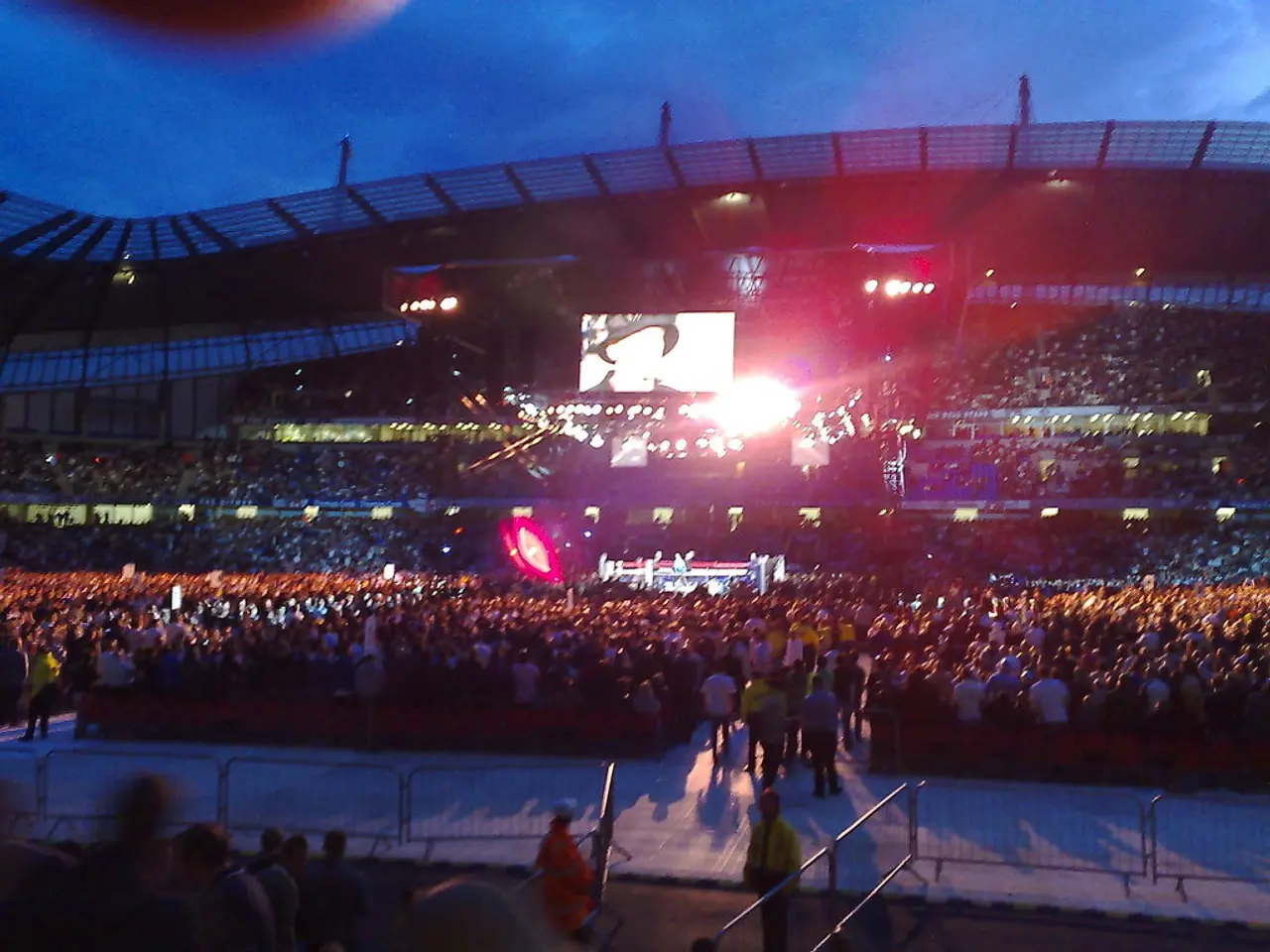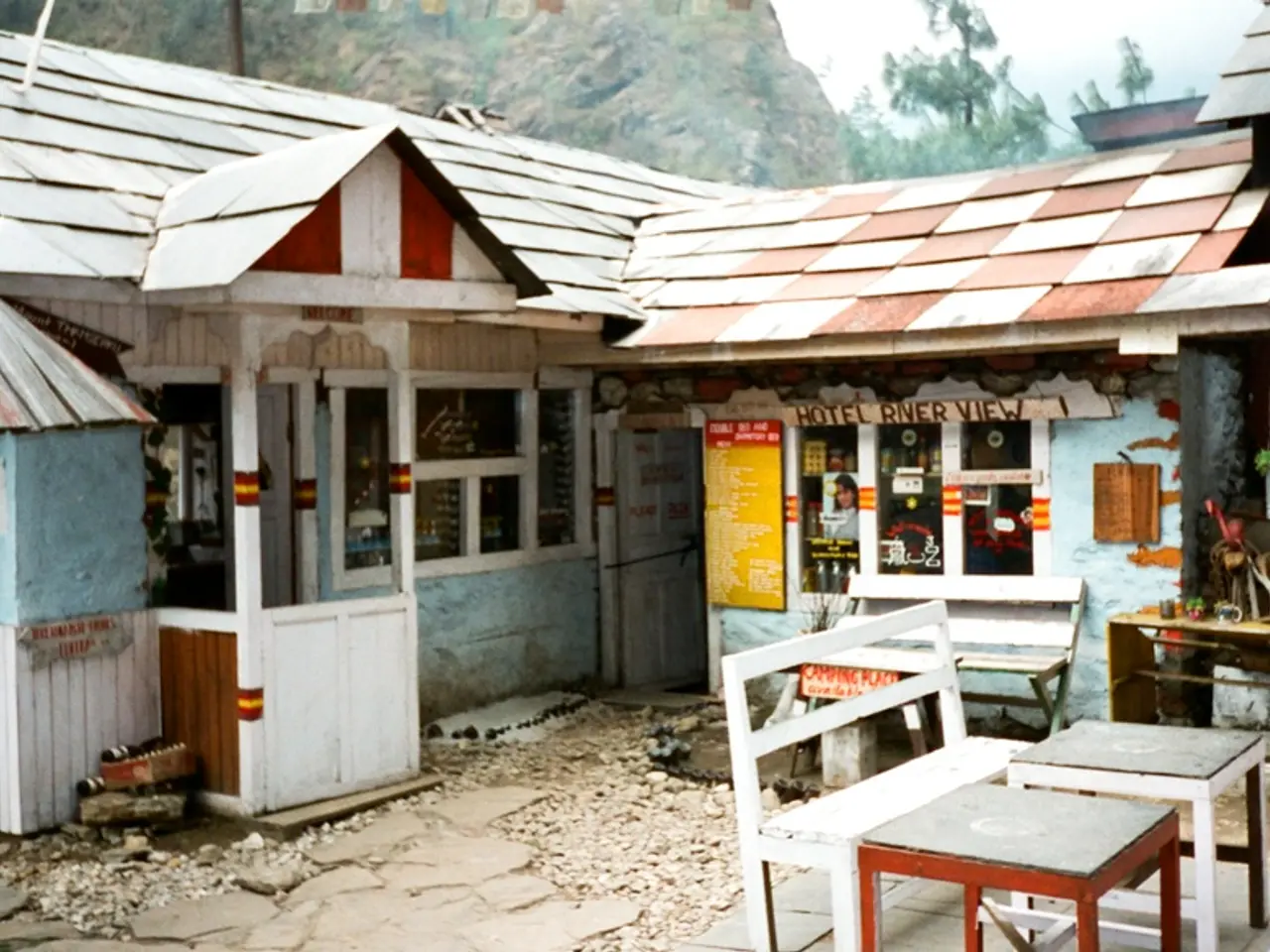Show a greater emphasis on avant-garde cinema at film festivals, or maintain the classic approach
Film festivals are more than just a showcase of timeless storytelling and proven narratives. By embracing experimental films, these events can evolve into dynamic, inclusive, and forward-thinking cultural experiences.
The Benefits of Experimental Cinema
Experimental films offer a unique platform for creative freedom, pushing the boundaries of traditional storytelling and providing fresh perspectives. They encourage bold ideas, unique voices, and novel storytelling methods, injecting fresh energy into the festival circuit.
By featuring unconventional content and formats, such as abstract, AI-generated, or multimedia films, festivals can attract new and diverse audiences interested in avant-garde and technology-driven cinema. This broadens the festival's reach and accessibility, making it more inclusive.
Hybrid festival models, combining physical screenings with online content, increase accessibility across geographies and allow broader audience participation, including interactive and immersive experiences.
Moreover, supporting emerging talents and professional growth is essential. Offering masterclasses, pitch forums, and networking opportunities tailored for experimental filmmakers and digital artists helps cultivate new voices and industry connections.
Fostering a festival as a hub for innovation can establish its prestige and cultural relevance. Focusing on experimental cinema can differentiate the festival’s identity, setting it apart from others.
Strategies for Incorporation
To effectively integrate experimental films, several strategies can be employed. Curating specialized categories and awards for experimental, abstract, AI, or hybrid media works encourages submissions that challenge norms and celebrate innovation.
Adopting a hybrid event format permits showcasing multi-screen experiments, VR installations, and audience-driven narratives, widening participation and engagement. Gradual programming shifts, introducing experimental sections incrementally, allow the festival to evolve without alienating traditional attendees.
Engaging cross-disciplinary creators, such as digital artists, game developers, and AI filmmakers, explores intersections of art and technology, enriching the content diversity. Providing educational and industry sessions on topics like digital narrative design, AI filmmaking, and experimental production techniques builds community and expertise around avant-garde works.
Revitalizing Traditional Film Events
Experimental films inject fresh energy and relevance into traditional film events, preventing programming from becoming repetitive or formulaic. They create conversations on the future of cinema, challenging festival audiences and creators to rethink storytelling possibilities.
New forms like AI-generated films and VR experiences broaden cultural and artistic representation, making festivals sites of multicultural and cross-genre exchange. They drive technological adoption, pushing festivals to innovate their platforms and viewer engagement methods.
Incorporating interactive installations transforms screenings into immersive experiences, enhancing the festival experience.
By embracing experimental films, festivals can enhance their reputation and competitive edge, attracting global submissions and attention, positioning themselves as leaders in cinematic arts.
In summary, incorporating experimental films strategically through dedicated programming, hybrid formats, and professional development can significantly enrich and modernize film festivals, making them more dynamic, inclusive, and forward-looking cultural events.
- Experimental films, such as abstract, AI-generated, or multimedia projects, offer a refreshing take on traditional storytelling and explore novel methods for narration.
- By diversifying content, festivals attract new and diverse audiences interested in avant-garde and technology-driven cinema, enhancing the festivals' reach and inclusivity.
- Encouraging bold ideas and unique voices from filmmakers through masterclasses, pitch forums, and networking opportunities fosters professional growth and cultivates new voices in the industry.
- Adopting hybrid event formats, like combining physical screenings with online content, increases accessibility, widens participation, and enhances interactive and immersive experiences.
- Focusing on experimental cinema sets a festival apart from others, establishing its prestige and cultural relevance in the realm of cinematic arts and entertainment.
- Engaging cross-disciplinary creators, like digital artists, game developers, and AI filmmakers, explores intersections of art and technology, enriching content diversity and fostering community and expertise around avant-garde works.








